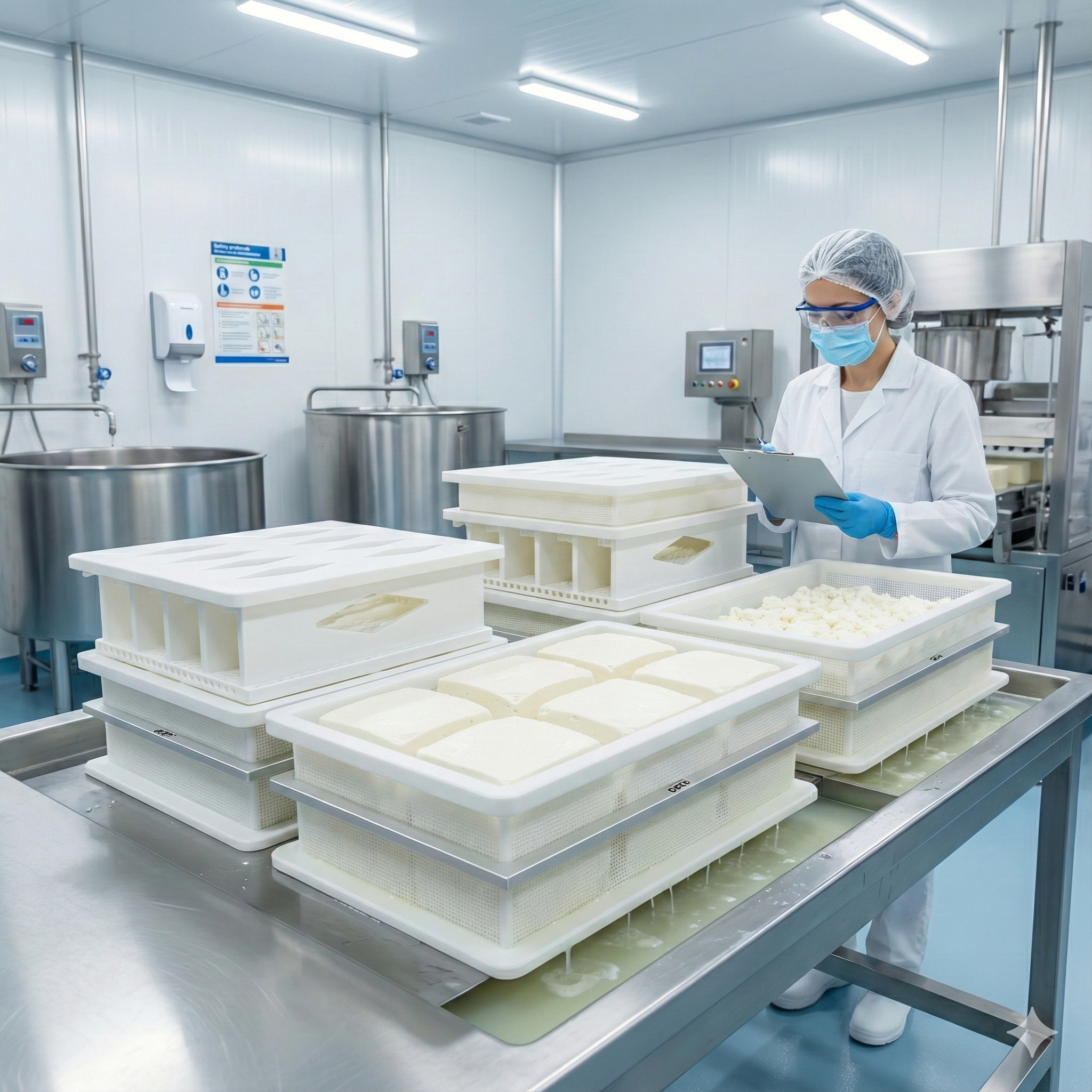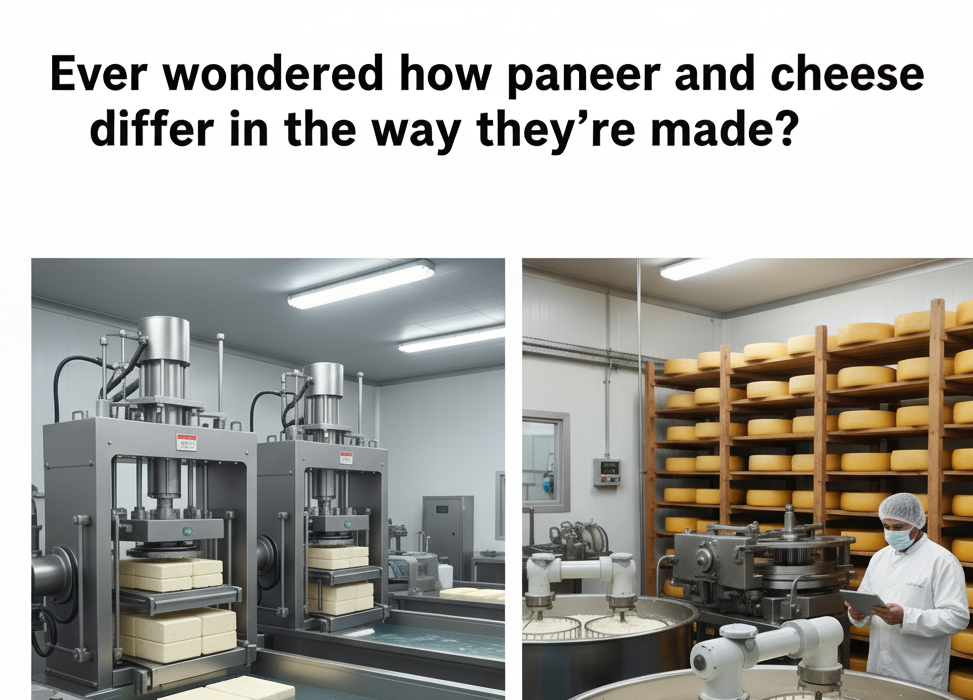
Selecting the right cheese mould is crucial to ensuring the success of your cheese production process. Cheese moulds play a vital role in shaping, pressing, and consolidating the curds, which directly affects the quality, texture, and appearance of the final product. Here’s a simple guide to help you choose the perfect mould for your needs.
1. Type of Cheese
Different cheeses require different moulds. Soft cheeses, like feta or ricotta, need moulds with less pressure, while harder cheeses, like cheddar or gouda, require more robust moulds that can withstand greater pressure. Ensure that the mould you choose is designed for the specific type of cheese you are producing.
2. Size and Capacity
Consider the size of your cheese production. Smaller moulds are suitable for artisanal or small-scale operations, whereas large-scale dairy producers may need bigger or multiple moulds to match the volume of production. DAPL offers a wide range of sizes to fit any production scale.
3. Material Quality
The quality of the mould’s material is crucial for both durability and hygiene. Food-grade plastic moulds are a popular choice because they are lightweight, easy to clean, and resistant to bacteria. DAPL’s moulds are made from high-quality, food-grade plastic, ensuring safety and performance in various environments.
4. Customizability
If your production requires specific shapes or patterns, custom-made moulds are an excellent choice. DAPL offers fully customizable moulds to meet the unique requirements of your production, ensuring consistency and quality.
By considering these factors, you can choose the right cheese mould that not only meets your production needs but also enhances the efficiency and quality of your cheese-making process.




